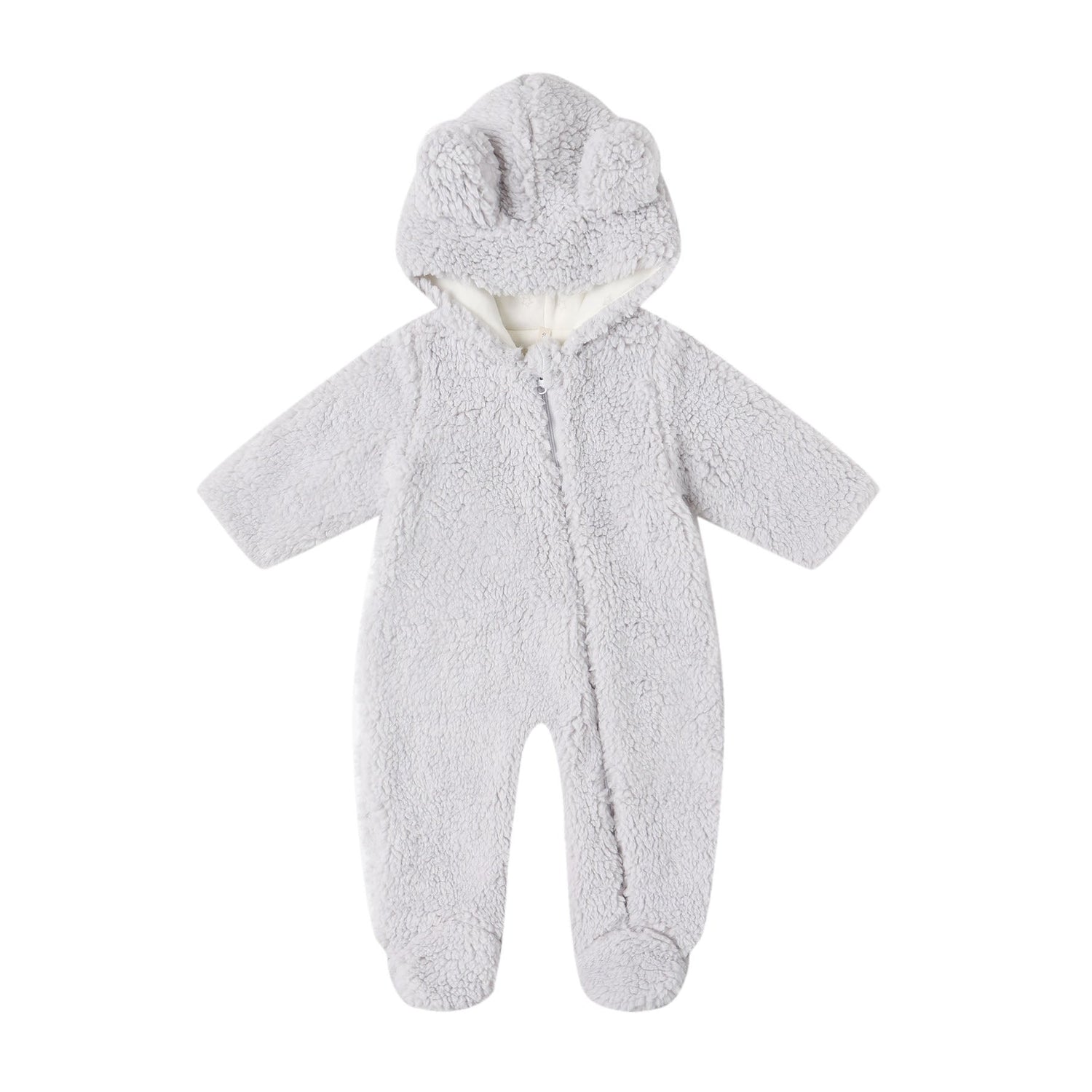“A lot of parents will do anything for their kids except let them be themselves.”
The other day I saw this quote by Banksy, a modern street artist, and it really hit home.
When I saw it, I had just finished listening to several parenting podcasts, including one called, “The Carpenter vs. The Gardener: Two Models Of Modern Parenting” and it really threw me for a loop.
Did you know that the term parenting wasn’t introduced to the dictionary until 1958, and it wasn’t popularized until the 1970s? Since then, there have been about a million opinions, strategies, and studies about parenting. As a modern- day parent, it can be a bit overwhelming! It seems at every corner there is something I am doing that will potentially destroy my child’s future self. It feels like I'm in a no-win situation. What’s the best model? How do I pick?
I might not have the answer to this question, but I have done a little deep dive, and thought I might share some things that I found insightful.
Alison Gopnik is a psychology and philosophy professor at the University of California, Berkeley, who published the book The Gardener and the Carpenter: What the New Science of Child Development Tells Us About the Relationship Between Parents and Children. It's a mouthful, I know; however, the book discusses at length how the idea of “parenting” has shifted in the past 30 years. She suggests that the familiar 21st century idea of parents and children is profoundly wrong--it's not just based on bad science, it's bad for kids and parents, too.
The idea seemed a little harsh to me, so I was intrigued enough to listen to her being interviewed about it on a podcast.
The Carpenter Model vs. The Gardener Model
In the aforementioned podcast, she gives her first-hand take on two models of parenting discussed in her book, one of which is the “carpenter” model. In this model, parents often shape and mold children through teaching, training, and instructing them as they parent. The other model is the “gardener”. A "gardener" parent nurtures their child’s distinct identity and the child flourishes through their own abilities and strengths.
Alison Gopnik suggests, through study of human evolution and her own scientific research, that children flourish when they are free to be themselves.
She uses an example in her book of an experiment done in a preschool, where two groups of preschoolers were given the same toy. The toy was made of many plastic tubes, each with different functions: one squeaked, one lit up, one made music and one had a hidden mirror.
With the first group of preschoolers, the experimenter came into the room “accidentally” bumped into the toy part that squeaked and then left the children to curiously play with the toy. For the other group, the experimenter showed them how to play with it -- purposely pressing the tube that beeped. Then she also left those children to play with the toy.
It’s not surprising that the first group of preschoolers played more freely with the toy in curious and random ways and were able to discover all the functions of it. The other group of preschoolers played with the toy as they had been shown. They squeaked the beeper over and over again, not discovering its many other functions.
This really struck me. As I mentioned before, all the parenting strategies, styles and techniques out there have become a bit overwhelming; however, recently I've been most overwhelmed and discouraged with the constant need to “train” our children. So this idea of letting our children grow in a less restrictive way seemed refreshing to me.
How To Be A Gardener
I feel like this idea of being a “gardener” to our children can be very nuanced, and obviously, we never want to let our children meet harm or do things that could be dangerous to themselves or others, but letting them explore and be curious, cultivating their own strengths could be a major parenting win!
Letting our children be “themselves” might seem a bit scary. I swear my toddler tries to kill herself several times a day. But beyond that daredevil spirit, she is stubborn, strong willed, independent and intuitive. So what if instead of always trying to de-escalate her or steer her away from things that frustrate her, I let her be stubborn and strong-willed? I’m not saying I will let her walk all over me -- she can be a bit of a brute force. I'm saying that I can stop always stepping in when she’s frustrated, that I can let her figure things out. I can let her be curious. I can give her more opportunities for independence and imaginative play.








